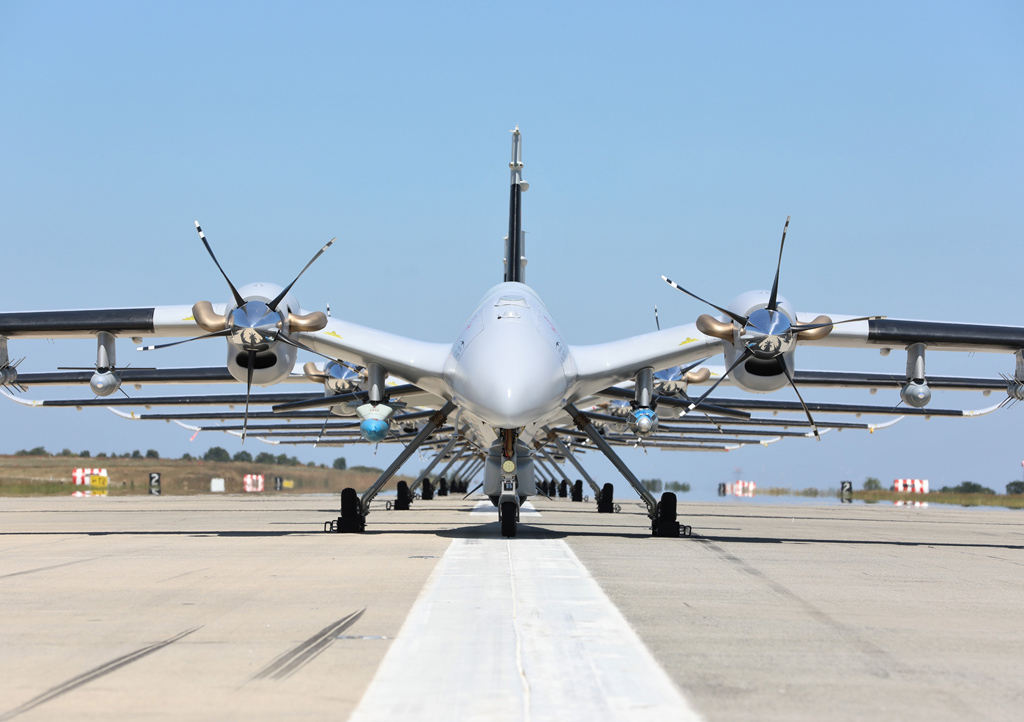
Policy Report
Analyzing Trends, Threats and Adaptations | Navigating Security in Flux: Countering the PKK in 2023
Sibel Düz Salah Mehmet Devrim

Book
Artificial Intelligence Arms Dynamics | The Case of the U.S. and China Rivalry
Gloria Shkurti Özdemir

Book
Al-Aqsa Flood | A Turning Point in Middle Eastern Politics
Muhittin Ataman Ikrime Sa’eed Sabri Norman G. Finkelstein Mouin Rabbani Jamie Stren-Weiner Ran Greenstein Elia Zureik Victor Kattan Nasuh Uslu Ibrahim Karataş Ayfer Erdoğan Lourdes Habash Metin Yücekaya Mohsen Mohammad Saleh Muhammed Hüseyin Mercan Abd Al-Fattah El-Awaisi Salman Abu Sitta Yazan Qunis Berdal Aral Yücel Acer Ramazan Yildirim Eldar Hasanoğlu Erman Akilli

Book
Türkiye's Foreign Policy | A Century of Strategic Transformation
Murat Yeşiltaş Muhittin Ataman Hakan Fidan Hasan Yükselen Kemal İnat Filiz Cicioğlu Aylin Ünver Noi Mehmet Çağatay Güler Ali Bakır Mehmt Uğur Ekinci Tunç Demirtaş Gürol Baba Serkan Balkan

Policy Report
One Year At War | The Past, Present and Future of Sudan’s Civil War and Proposed Solutions
Tunç Demirtaş

Analysis
Crossing the Rubicon | Consumption Costs of Artificial Intelligence and Environmental Security
Gloria Shkurti Özdemir Erman Akıllı

Perspective
Navigating the EU AI Act: Exploring Challenges Amidst the Evolving Global Regulatory Landscape
Gloria Shkurti Özdemir

Perspective
Habermas and Others | The West’s Intellectual World and Blindness Toward Palestine
Fatma Zehra Özdemir

































































